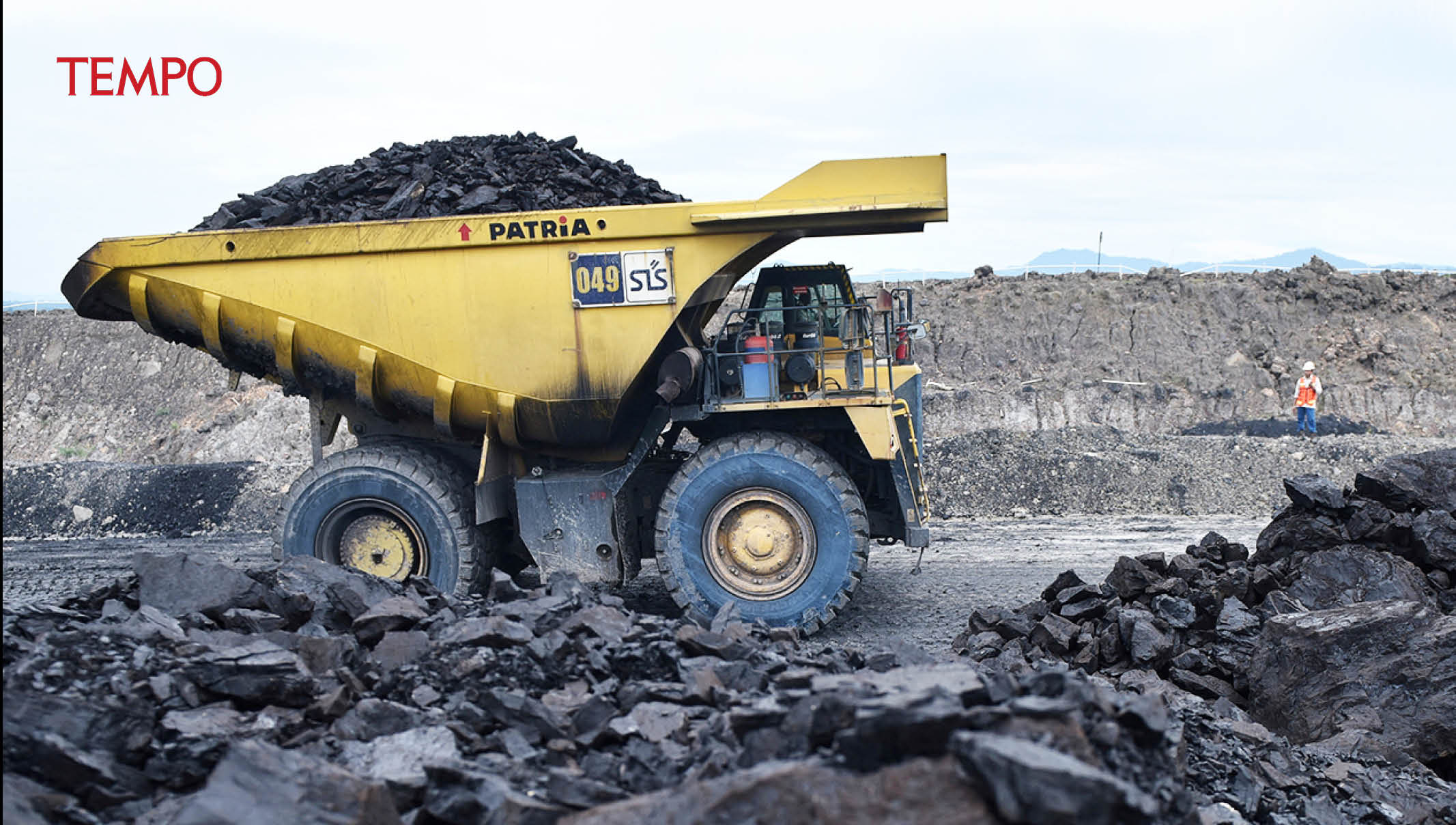Legal Tinkering to Pay Political Debts
President Jokowi is planning to grant mining concessions to mass organizations. Paying political debts.
Tempo
April 15, 2024

PRESIDENT Joko Widodo has 1,001 strategies for holding on to power. One of these is giving mining permits (IUPs) to mass organizations. The red carpet is being rolled out for these mass organizations as a form of appreciation for their support for the Jokowi government and for supporting Prabowo Subianto, who was paired with Gibran Rakabuming Raka, Jokowi’s oldest son, in the 2024 presidential election. Jokowi also needs the support of mass organizations because the position of his son is currently the subject of a legal challenge at the Constitutional Court because he became a vice-presidential candidate thanks to a legal fix.
It began in 2022, when Jokowi established the Land Use and Investment Regulation Task Force with wide-ranging authority to revoke or reinstate mining and forestry permits. The task force is led by Investment Minister Bahlil Lahadalia. As of January 2024, Bahlil had revoked 2,078 permits for mining and forestry that were not productive. Now he is preparing to auction them off.
The authority of the Task Force is supported by Presidential Regulation No. 70/2023 on Land Allocation for Investment Arrangement. In this regulation, the government specifies that mass organizations, small and medium-sized enterprises, or cooperatives can obtain mineral and coal mining IUPs through auctions.
The problem is that the mass organizations that supported the president are reluctant to manage these non-productive IUPs. These mass organizations, including the Nahdlatul Ulama that put itself forward, were hoping for mining concessions that had large reserves, such as mining areas that have been reduced to smaller operational areas through coal mining working contracts, or PKP2B. Ownership of IUPs through this mechanism is against the rules.
Government Regulation (PP) No. 96/2021 on Mineral and Coal Mining Business Activities states that special mining permits regions (WIUPKs) cannot be owned by mass organizations. This regulation is based on the Mineral and Coal Mining (Minerba) Law, which states that only private business entities can obtain WIUPKs, and this must be through tender. The other type of organizations prioritized by Government Regulation No. 96 are companies owned by the state or regional governments.
In order to remove this obstacle, Minister Bahlil proposed a revision to Government Regulation No. 96 in the form of two additional paragraphs to article 75A. The first would add private companies to the list of priorities for WIUPK, and the second would delegate more detailed regulation to a presidential regulation. Yet again, Bahlil’s strategy is against the Minerba Law.
In response to this deadlock, Coordinating Minister for Maritime Affairs and Investment Luhut Pandjaitan put forward another idea. In order to allow mass organizations supporting Jokowi to obtain concessions, the regulations would be changed by allowing mass organizations to cooperate with companies obtaining priority IUPs. Subsequently, if they were sufficiently competent, these mass organizations would be able to acquire shares in the company they were cooperating with.
There is clearly a major risk with this tinkering with regulations to smooth the way for political interests. The mining sector is a type of business requiring expertise in the techniques of managing natural resources and a complex supply chain. The government’s justification for giving IUPs to mass organizations to bring about economic equality is clearly a contrivance.
The natural resources extraction business requires huge amounts of capital, professional corporations, business management expertise and expert engineering. The giving of concessions to mass organizations also provides an opportunity for collusion and could have a negative impact on the economy and people’s prosperity. If concessions are given to mass organizations, the state will only obtain income from taxes and royalties. If these concessions are managed by state-owned enterprises and regional-owned enterprises, the government also receives dividends.
Given all of these negative impacts, Jokowi should stop tinkering with the regulations for his own political interests, including for recompensing his political debts. He should be preparing for his retirement in October without causing more commotion or doing any more damage.
